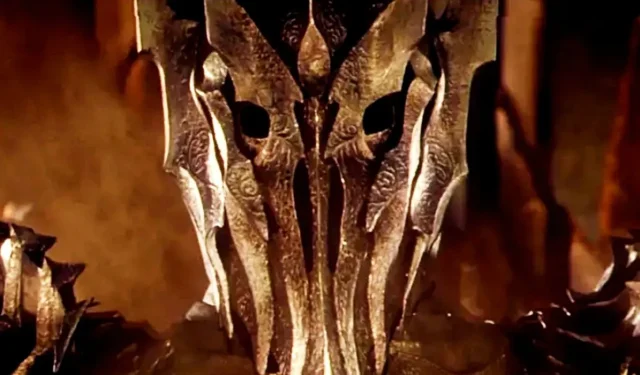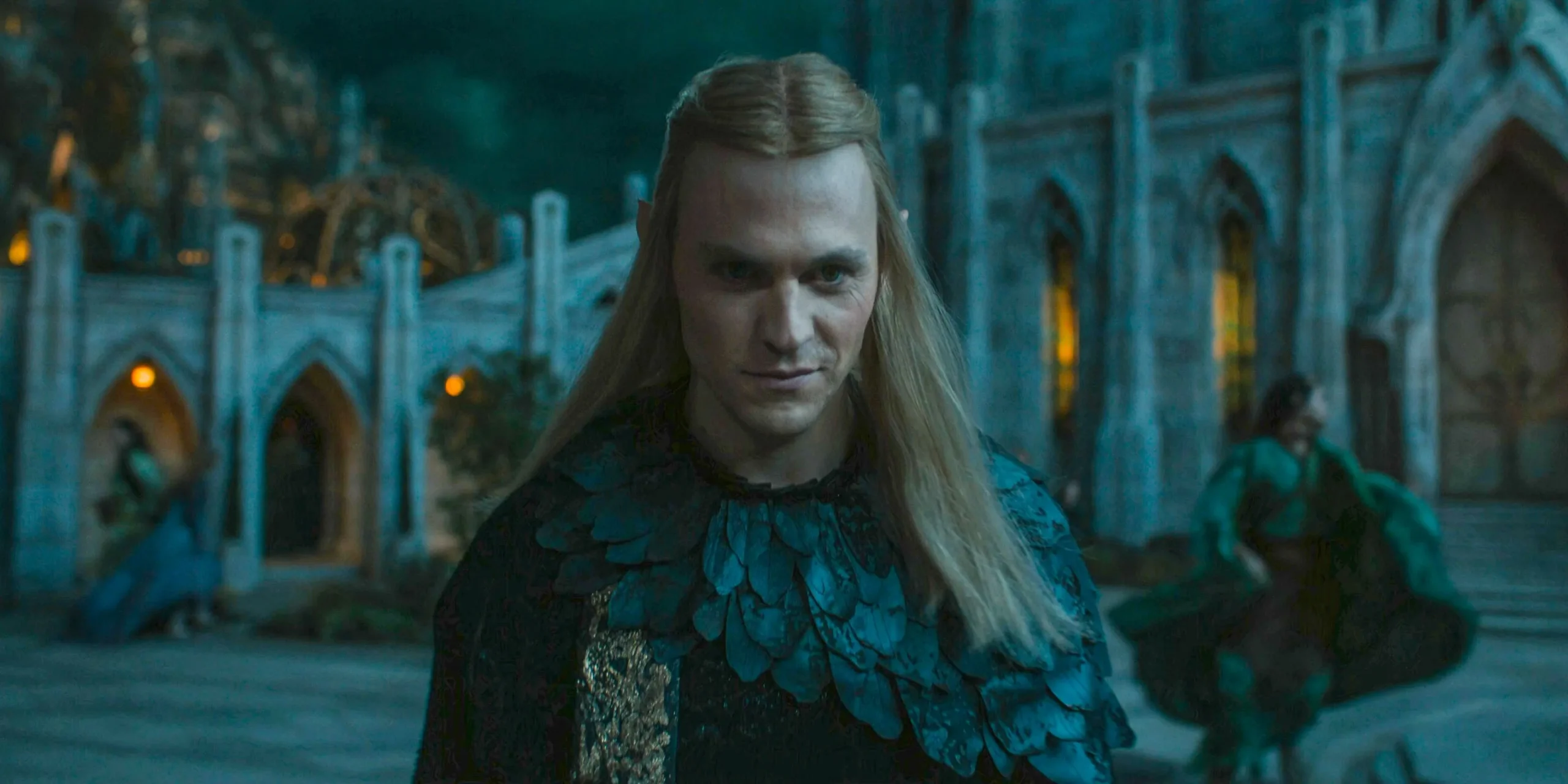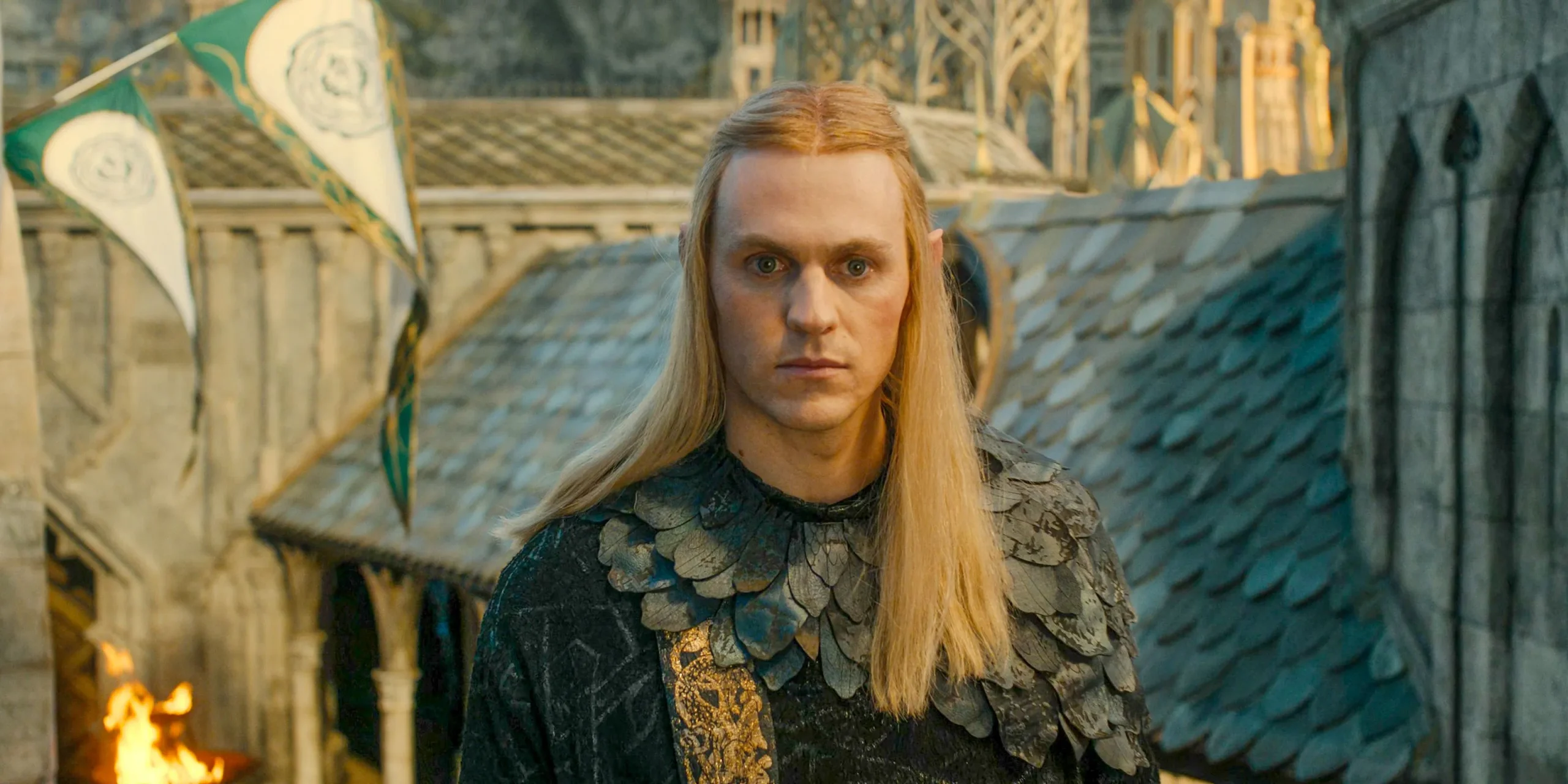
In the expansive lore of The Lord of the Rings, two primary antagonists often take the stage: Morgoth and Sauron. While Morgoth is recognized as the original villain in Tolkien’s universe, it is Sauron who emerges as a more compelling character for several reasons, chiefly due to the nuances of his development. Morgoth, extensively detailed in The Silmarillion, may not be familiar to many casual fans, as he does not make an appearance in the main Lord of the Rings novels or their film adaptations. However, his pivotal role in corrupting Sauron cannot be overlooked; this sets the stage for the latter’s evolution as a character.
Since his first introduction, Sauron has captivated audiences and has arguably been one of the most significant villains in literary history. The recent series on Prime Video, The Lord of the Rings: The Rings of Power, which premiered in 2022, has further illuminated Sauron’s character, exhibiting his gradual rise to power and establishing why he is often perceived as the quintessential antagonist of both The Lord of the Rings and the broader fantasy genre, even in the shadow of the monumental Morgoth.
Morgoth: The Strongest Villain, Yet Less Engaging
The Case for Sauron Over Morgoth

While Morgoth is undeniably stronger during their time in Arda, Sauron’s character is more multifaceted within the narrative framework. By the end of the Second Age in The Lord of the Rings, Sauron’s power had eclipsed Morgoth’s waning influence. Sauron initially operated in Morgoth’s shadow but eventually forged his own identity, which translates into a rich and layered story. His journey is filled with conflicting motives, starkly contrasting with Morgoth’s embodiment of pure nihilistic evil.
Morgoth faced a catastrophic defeat in the War of Wrath, a monumental event that brought the First Age to a close and ushered in the Second Age. In one of Tolkien’s letters, he notes that “Sauron was ‘greater,’ effectively, in the Second Age than Morgoth at the end of the First,”suggesting that had Morgoth endured, Sauron might have triumphed. The depth and influence Sauron possesses add layers to his character, making him not only a formidable antagonist but also a daily point of discussion among fans.
Sauron’s Motivations: A Deeper Insight


When evaluating the duality of these characters, Sauron’s psychological complexity positions him as the more versatile villain. While Morgoth’s narrative is steeped in hate and a desire for destruction, Sauron embodies a more relatable darkness. He operates under a somewhat understandable motivation; Tolkien illustrated this in Morgoth’s Ring, explaining Sauron’s disdain for unnecessary conflict.
Tolkien’s broader philosophical outlook influenced his characters, making it clear that no one is inherently evil within this mythology. In The Rings of Power, guided by Galadriel’s insights, Sauron’s initial intentions stemmed from a desire to correct the chaos in Arda. His gradual transformation from idealistic to increasingly corrupted adds a compelling dimension that resonates with audiences.
Sauron: The Central Focus of Tolkien’s Works
Sauron as the Principal Villain

In J.R.R. Tolkien’s expansive legendarium, Sauron enjoys a pivotal role that reinforces his superiority as a villain. Morgoth is primarily featured in The Silmarillion and its ancillary texts, which include the extensive The History of Middle-earth series that chronicles Tolkien’s evolving ideas. Sauron, on the other hand, is woven deeply into The Lord of the Rings narrative, granting him a more pronounced character arc.
Tolkien’s writings intricately define Sauron’s threat, domain, and power, all while preserving a sense of mystery surrounding him. Interestingly, Tolkien retrospectively integrated Sauron into his earlier work, The Hobbit. Initially, the Necromancer was a different character, but Tolkien shifted this narrative to align Sauron with the more intricate world-building seen in the subsequent stories.
As a result, Sauron is portrayed not only as a malevolent force but also as a character with considerable depth. While Morgoth remains a shadowy figure referenced primarily in appendices, Sauron embodies a cruel yet complex persona filled with contradictions—showing regret, shame, and neurotic tendencies. This enduring duality of his character ensures that Sauron remains an enduring figure of fascination, particularly in upcoming adaptations such as The Rings of Power.




Leave a Reply